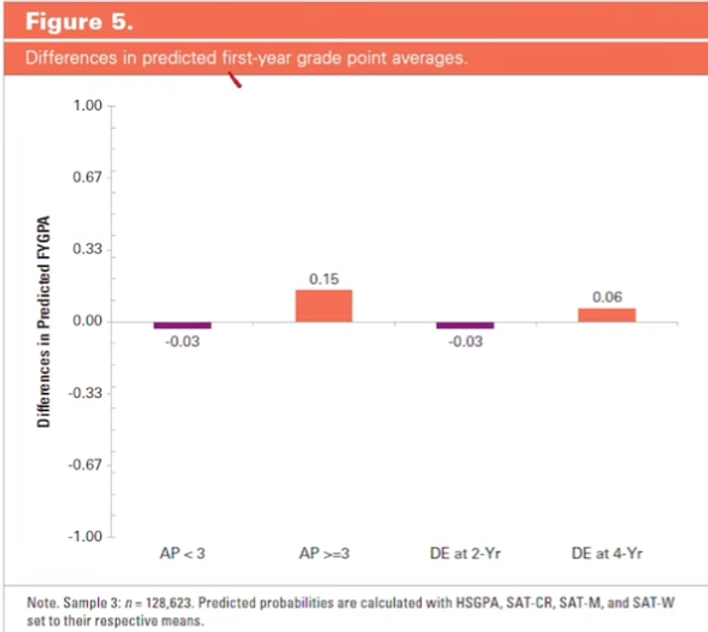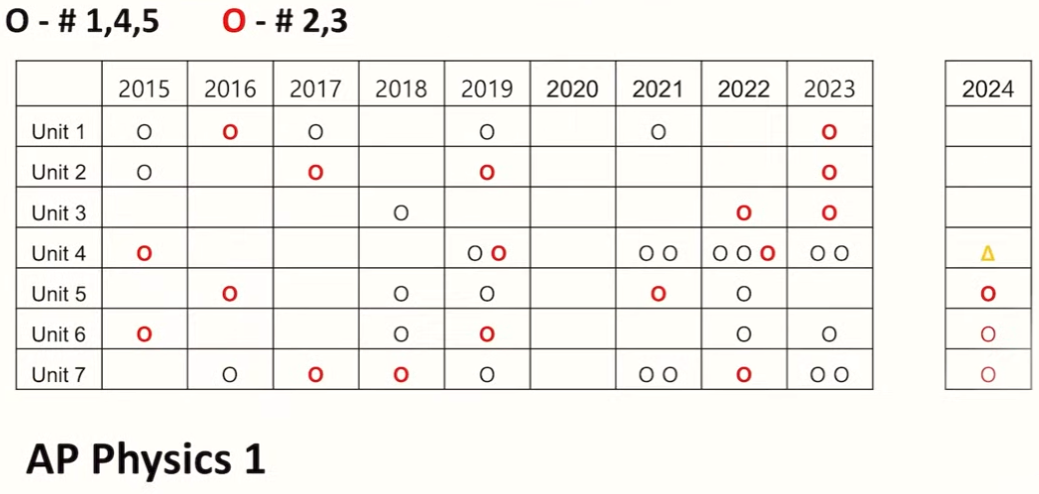Why AP Exams Are Crucial for College Admissions
As we approach the 2025 testing cycle, it’s more important than ever to understand the role of AP exams in college admissions. Held each May, these exams are a foundational element for students applying to competitive schools. Three core components stand out:
-
Taking AP Courses: Enrolling in AP-level classes shows that you are challenging yourself academically.
-
Excelling in AP Coursework: Earning high grades in these demanding classes is vital.
-
Scoring Well on AP Exams: Your exam performance is a clear, standardized indicator of subject mastery.
Why do these factors carry weight? AP scores provide admissions officers with additional insight into your academic capabilities beyond your GPA. As the College Board continues to modernize the exams—phasing out older styles and introducing more relevant content—it’s critical to focus your preparation on the latest formats and expectations.
How Top Colleges Evaluate AP Courses and Scores
Reviewing Common Data Sets from leading universities reveals how admissions teams value AP performance:
-
Harvard University:

-
Course Rigor: Considered
-
GPA: Considered
-
Standardized Tests: Considered
-
-
Yale University:

-
Course Rigor: Very Important
-
Class Rank: Very Important
-
GPA: Very Important
-
(Yale explicitly values challenging coursework such as AP and IB classes.)
-
-
Princeton University:

-
Course Rigor: Very Important
-
Class Rank: Very Important
-
Academic GPA: Very Important
-
(AP/IB success is a major factor in admissions decisions.)
-
-
Stanford University:

-
Rigor of Secondary School Record: Very Important
-
Class Rank: Very Important
-
Academic GPA: Very Important
-
Standardized Tests: Very Important
-
(Stanford places strong emphasis on both scores and curriculum rigor.)
-
-
MIT:

-
Course Rigor: Important
-
Academic GPA: Important
-
(While not rated as "Very Important," MIT still sees these as essential.)
-

Across the board, course rigor stands out as a defining admissions metric. Whether you’re aiming for the Ivy League or a STEM-focused institution like MIT, a strong AP record helps distinguish your application.
The Data: How AP Scores Predict College Success

A recent report from the College Board underscores the predictive power of AP exams:
-
High School GPA:
Students scoring 1–2 on AP exams tend to have higher GPAs than those who did not take AP classes. Those scoring 3–5 have even higher GPAs. -
College First-Year GPA:
-
Students with no AP coursework average a 2.74 GPA in their first year of college.
-
Students scoring 1–2 outperform this.
-
Students scoring 3–5 see significantly higher GPAs.
-
Students with AP scores of 3 or above also show greater persistence in college—something admissions offices take seriously.
Subject-Specific Correlations:


-
Math: Strongest correlation with college GPA
-
English Language: Second strongest
-
History: Third strongest
Strategic Advice:
-
STEM students: Take AP English and aim for a 4 or 5 to demonstrate writing and comprehension skills.
-
Non-STEM students: Enroll in at least one AP math course during junior or senior year to enhance your quantitative profile.
Additionally, dual enrollment programs—especially those at four-year institutions—can further improve college readiness and persistence rates.
Understanding the AP Exam Format
Each AP exam has two major components:
-
Multiple Choice Questions (MCQ):
These questions test core knowledge and follow a progressive difficulty curve—early questions tend to be easier. -
Free Response Questions (FRQ):
These open-ended questions require detailed, structured responses and often determine whether you score a 3, 4, or 5.
Success requires mastery of both formats, but FRQs often separate top scorers from the rest.
Top Tips to Excel on AP Exams

-
Focus on the FRQ Section

The College Board offers free access to past FRQs, sample responses, and scoring rubrics. Use these strategically:-
Search:
[subject] + Scoring Guideline + [year] -
Start with the most recent exam (e.g., 2024 for 2025 prep), as difficult topics rarely repeat annually.
These resources offer unmatched insight into how your answers are graded.
-
-
Prepare Intelligently for MCQs

While commercial prep books like Barron’s, Princeton Review, or 5 Steps to a 5 can help, prioritize official resources. Try searching:-
[subject] + IPE (International Practice Exam)
These exams, often used by teachers and graders, provide high-quality practice.
-
-
Practice in a Digital Environment
With more exams moving online or adopting hybrid formats, it’s essential to simulate the digital testing experience ahead of time. -
Use Free Practice Resources
Starting this April, we’ll provide free digital AP practice tests—one full MCQ and FRQ set per subject—on ett-test.com. These are modeled after the actual exam format and available to all students at no cost.
Final Thoughts
AP exams aren’t just a way to earn college credit—they’re a powerful indicator of your academic readiness and potential for success in higher education. By taking rigorous courses, understanding the structure of the exams, and leveraging high-quality resources, you’ll be well-positioned to earn top scores.
If you have questions or need support, don’t hesitate to contact us at A-One Institute. We’re here to help you navigate the AP process and maximize your college admissions potential.
Best of luck as you prepare for the 2025 AP exams—your dedication will make a difference!
AP
College
